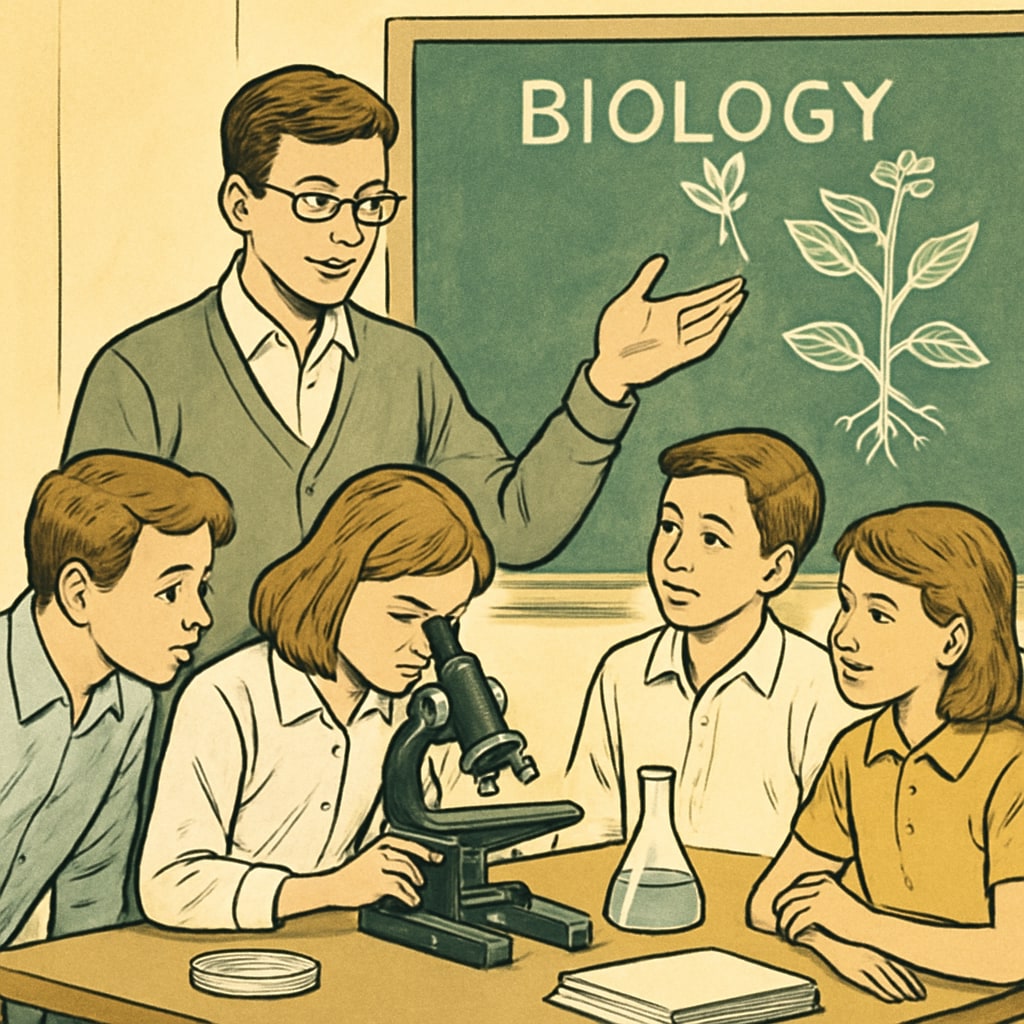For students in the field of biology, pursuing a master’s in education might seem like a significant leap. However, the combination of a biology background with advanced education training presents unique opportunities to bridge the gap between science and teaching. This article delves into the feasibility of such a transition, highlighting key pathways, challenges, and opportunities for biology graduates interested in shifting their careers toward education.
Why Transition from Biology to Education?
Biology students often develop critical thinking, problem-solving, and research skills during their undergraduate studies. These competencies are highly transferable to teaching and curriculum development. Moreover, the increasing emphasis on STEM (Science, Technology, Engineering, and Mathematics) education in schools has created a demand for educators with strong science backgrounds. For example, biology graduates bring subject-matter expertise that can inspire and engage students in understanding complex scientific concepts.
In addition, teaching offers a unique platform for making a tangible impact on future generations. Unlike laboratory research, which might focus on incremental scientific advancements, education allows biology professionals to directly influence young minds and foster interest in science. This transition is not merely a career change; it’s an opportunity to contribute to the broader dissemination of scientific knowledge.

Pathways to Pursuing a Master’s in Education
For biology graduates considering a master’s in education, there are several pathways to make the transition smoother:
- Bridge Programs: Many universities offer specialized programs for STEM graduates to gain teaching credentials alongside a master’s degree. These programs often include student-teaching opportunities to build practical experience.
- Alternative Certification: Some regions allow professionals with a science background to teach while completing certification requirements. This option provides a hands-on approach to transitioning into education.
- Online and Flexible Learning: For those balancing work or other commitments, online master’s programs in education offer flexibility while covering essential pedagogical theories and teaching strategies.
These pathways enable biology students to align their scientific expertise with the foundational skills needed to excel in education.
Challenges of the Career Transition
While the transition from biology to education presents exciting opportunities, it is not without its challenges. One significant hurdle is adapting to the pedagogical theories and classroom management techniques required for teaching. Biology graduates accustomed to research-based environments may initially find the shift to student-centered teaching approaches daunting.
Additionally, the financial and time commitments of pursuing a master’s in education can be a barrier. Prospective students should carefully evaluate program costs, potential scholarships, and the long-term return on investment. For instance, while teaching can be immensely fulfilling, it may come with a lower salary than some research-based roles in the sciences.

Opportunities and Long-Term Benefits
Despite the challenges, the rewards of transitioning into education are substantial. Biology graduates bring unique perspectives to the classroom, enriching the learning experience for students. By combining their scientific knowledge with educational methodologies, these professionals can contribute to improving STEM education and addressing the global need for skilled science teachers.
Furthermore, a master’s in education opens doors to roles beyond traditional classroom teaching. Graduates can explore careers in educational policy, curriculum design, and even science communication. For those passionate about both biology and sharing knowledge, this career path offers a diverse range of opportunities.
Practical Tips for a Successful Transition
To navigate the transition effectively, biology graduates can take the following steps:
- Gain Teaching Experience: Volunteer as a tutor or teaching assistant to build practical skills and confirm your interest in education.
- Network with Educators: Connect with teachers, administrators, and peers in the education field to gain insights and advice.
- Research Programs Thoroughly: Identify master’s programs that align with your career goals and offer support for STEM professionals.
- Seek Financial Aid: Look for scholarships, grants, or loan forgiveness programs specifically for STEM educators.
By taking these proactive steps, aspiring educators can ensure a smoother transition and set themselves up for long-term success in the field of education.
In conclusion, the transition from biology to a master’s in education is a challenging yet rewarding journey. With careful planning, the right educational pathway, and a passion for teaching, biology graduates can make a meaningful impact on the next generation of learners. Whether in the classroom or beyond, this career shift offers fulfilling opportunities to combine a love for science with the art of education.
Readability guidance: Short paragraphs and lists help summarize key points effectively. Active voice and transitional phrases are used throughout to enhance clarity and flow.


